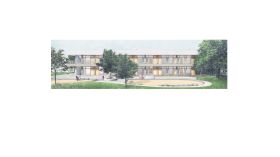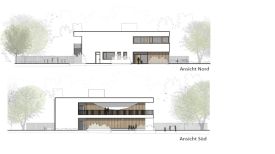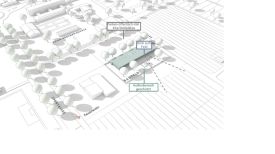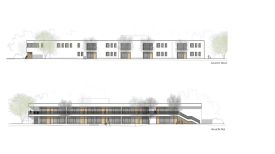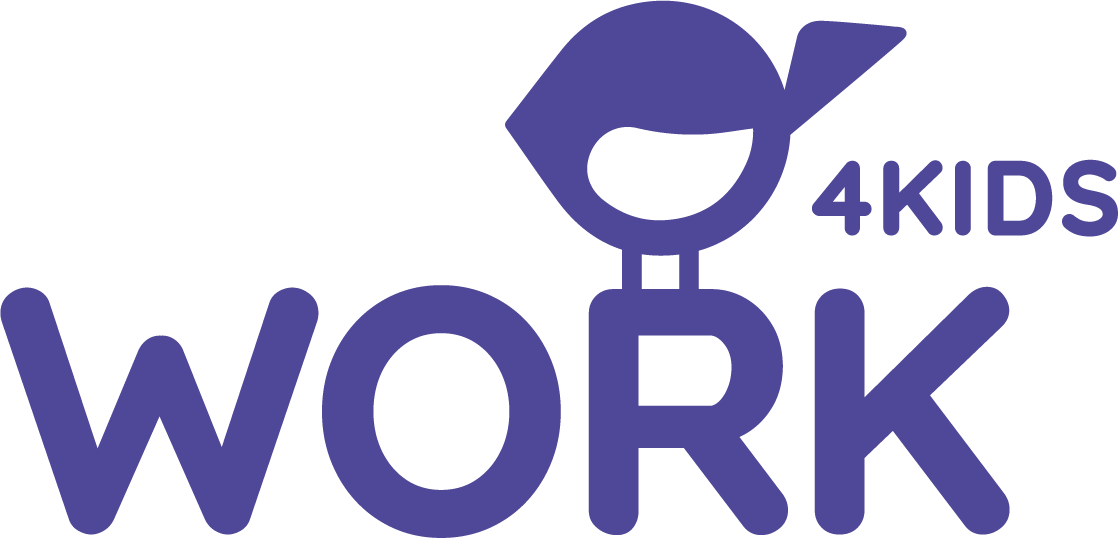Introduction/specifics
The focus should be a mix of topics from education for sustainable development (strong children), mindfulness (responsible, value-oriented), movement, integration (individual differences), creativity, language (joy of communication), participation, media education, sensory education (researchers and explorers) and healthy development.
Goal: Happy childhood (enjoyment of life, balance, health, personal development, well-being, appreciative and respectful interaction) and, of course, happy employees.
Fixed and flexible “building blocks” should offer a unique combination to utilize strengths and implement innovative projects. Projects promise variety for the children.
Excursions to farms, agriculture and butchers / sustainable project weeks with and in the daycare centers:
Joint activities for children in everyday life - each offer promises a small highlight/experience.
The idea is to promote enthusiasm and a responsible approach to nature and the environment.
ADVENTURE DAYCARE CENTER SEEWEG
For children, going to daycare should be a daily experience. Children are curious and want to explore a lot. It is therefore important to quench their thirst for knowledge through experiences.
The nearby field, the meadow, the natural/adventurous outdoor area (tree trunks,
(tree trunks, climbing and playing) and the wide range of activities, the Seeweg daycare center is the ideal place to operate as an adventure daycare center.
The aim is to awaken children's visions so that they begin to learn, explore and discover themselves.
Children learn through their senses:
Seeing = eyes
Hearing = eyes
Smell = nose
Taste = mouth
Moving = muscles, heart (body)
Thinking, exploring = balance organ (brain)
The Erlebniskita approach cannot be pinned down to one pedagogical direction; it integrates different approaches.
The question is asked: What does the child need?
Child development is a complex, holistic and individual process
- Situational approach - spontaneous activity - children's current forms of expression (behavior, speech, painting, play, movements and dreams) result from past events, experiences and adventures
- Emmi-Pikler: Good care is also possible for very young children.
- Gender pedagogy - The first self-categorization processes already take place towards the end of the first year. Regardless of gender stereotypes, their individuality is encouraged (no gender stereotypes - role play: mom is always the girl)
- Diversity : Different cultures and children with special/individual needs are in the daycare center (promotion of prejudice-conscious education - no discrimination and exclusion)
- Forest - experiencing nature, making mud, building (forest sofas, tree houses)
- Animal-assisted education (chickens, cows and other animals) by involving and visiting the environment
- Reggio - working with the children's strengths and not against their weaknesses. The children should develop and realize their individual potential. They learn in projects that promote their different ways of expression.
- Montessori (Help me to do it myself): Not a passive and receptive being, but a personality with great self-activity and ability to concentrate
- Piaget: The primary educational goal is to create people who are capable of doing new things, not simply repeating what other generations have done - people who are creative, inventive (the explorers). The second most important educational goal is to educate minds that are critical, able to verify and do not accept everything that is offered to them.
How can the needs of the children, the Hessian BEP and the environment of the town of Rosbach be linked?
Through daily experiences !
Mission of the Hessian Education and Upbringing Plan:
Education is understood here ...
- as a lifelong process in which the first ten years of life are the most learning-intensive and development-rich,
- as a social process in which children and adults actively participate,
- as a development process in a social and cultural context,
- as a holistic concept that encompasses knowledge as well as values and educational processes.
The focus is on strengthening child development.
The focal points are
- strong children,
- responsible and value-oriented children,
- children with communication and media skills,
- Children actively learning, researching and discovering,
- children as creative and imaginative artists.
It is also our mission that the daycare center should be a healthy daycare center: Promoting exercise, nutrition, health.
Integration of the entire town of Rosbach into the daycare center's daily routine - collection of ideas
- Forest/nature experiences (forester, Nabu etc.)
- Involve producers: Beekeepers, bakers, butchers (own daycare bread, natural bee-friendly flowers, fruit trees - fruit and gardening association)
- Involve farms (chickens, cows, grain) - where do the eggs come from, making milk into quark and cheese, the grain for the flour and finally for the bread
- Language development: singing (possibly music school)
- Seasonal experiences (making apple juice etc.),
- Reading (library)

